
06
April
The Issa Trust Foundation Pediatric Medical team are preparing and planning to treat over a 1,000 children during the 11th medical initiative in Westmoreland.
All children receive complete medical exams, pharmacy medications and Labs if needed, and vision screening.
If a child needs glasses, the Michigan Lions group will be ready to fit them with their new set of glasses at NO cost.
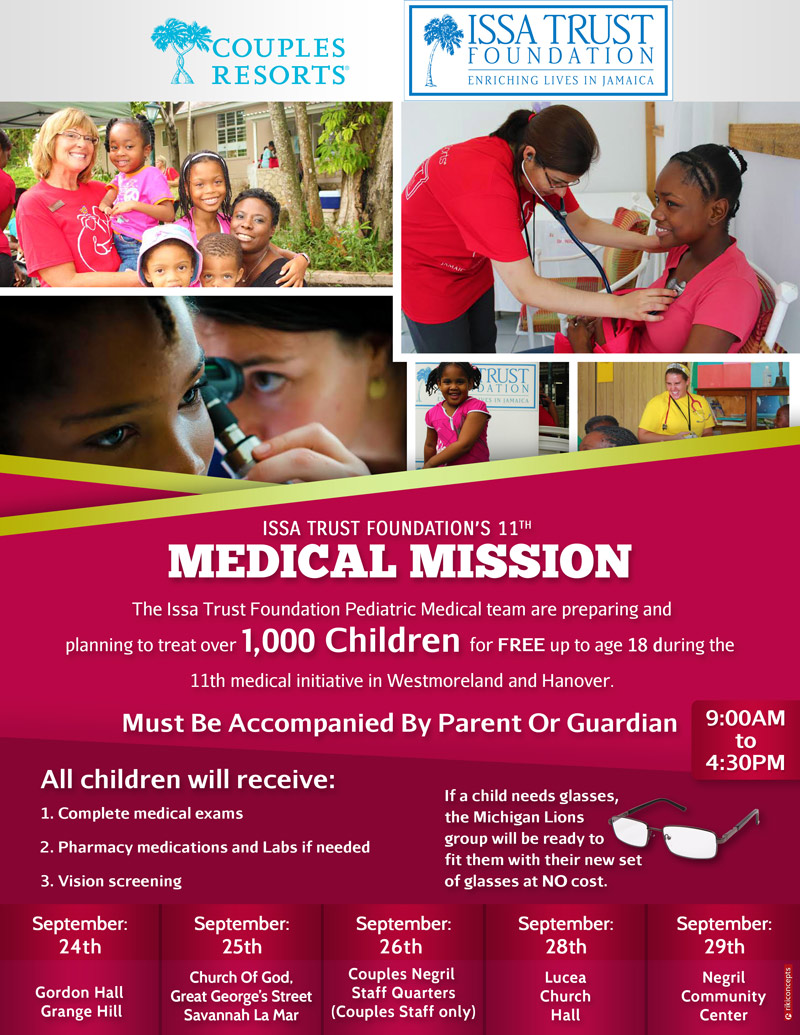
All children receive complete medical exams, pharmacy medications and Labs if needed, and vision screening.
If a child needs glasses, the Michigan Lions group will be ready to fit them with their new set of glasses at NO cost.




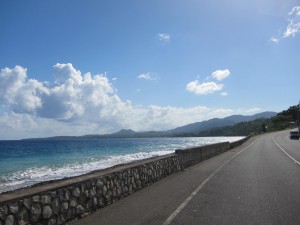

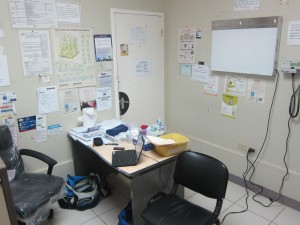
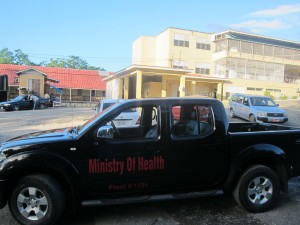
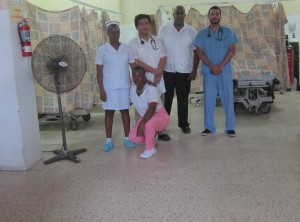
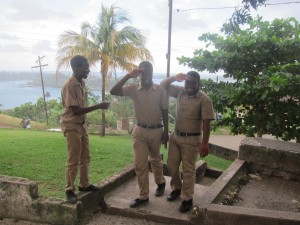




Connect With Us